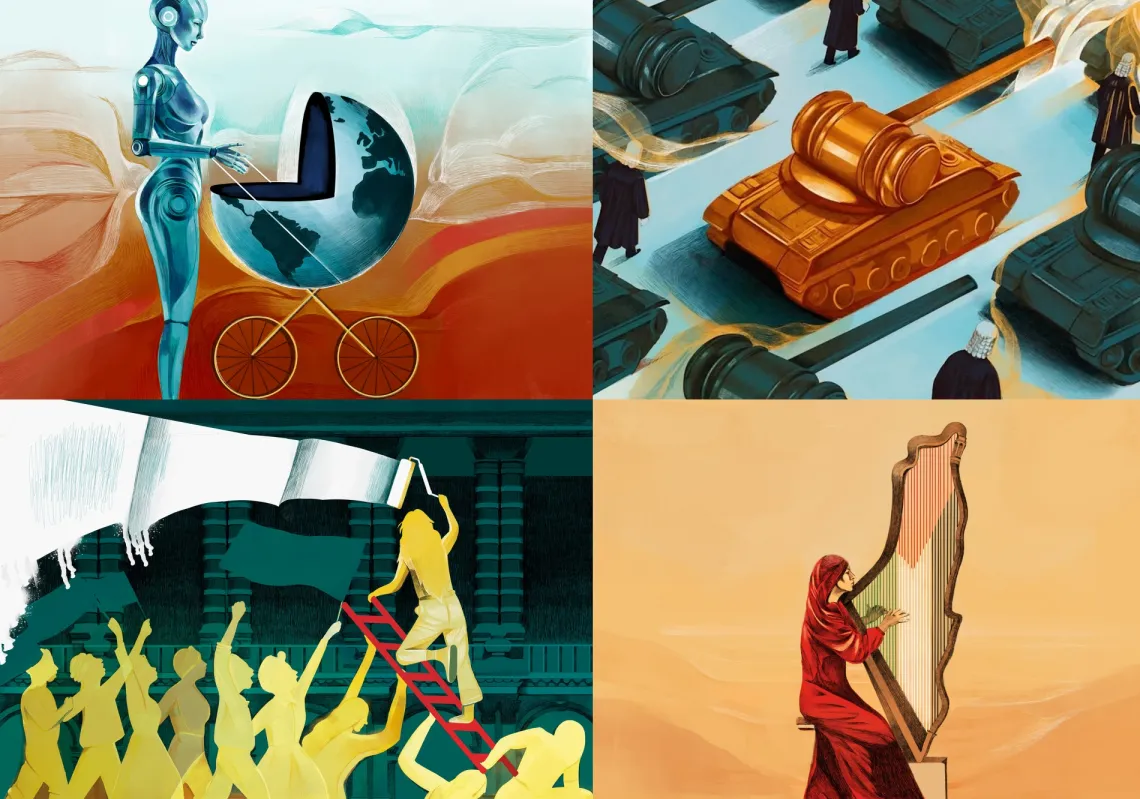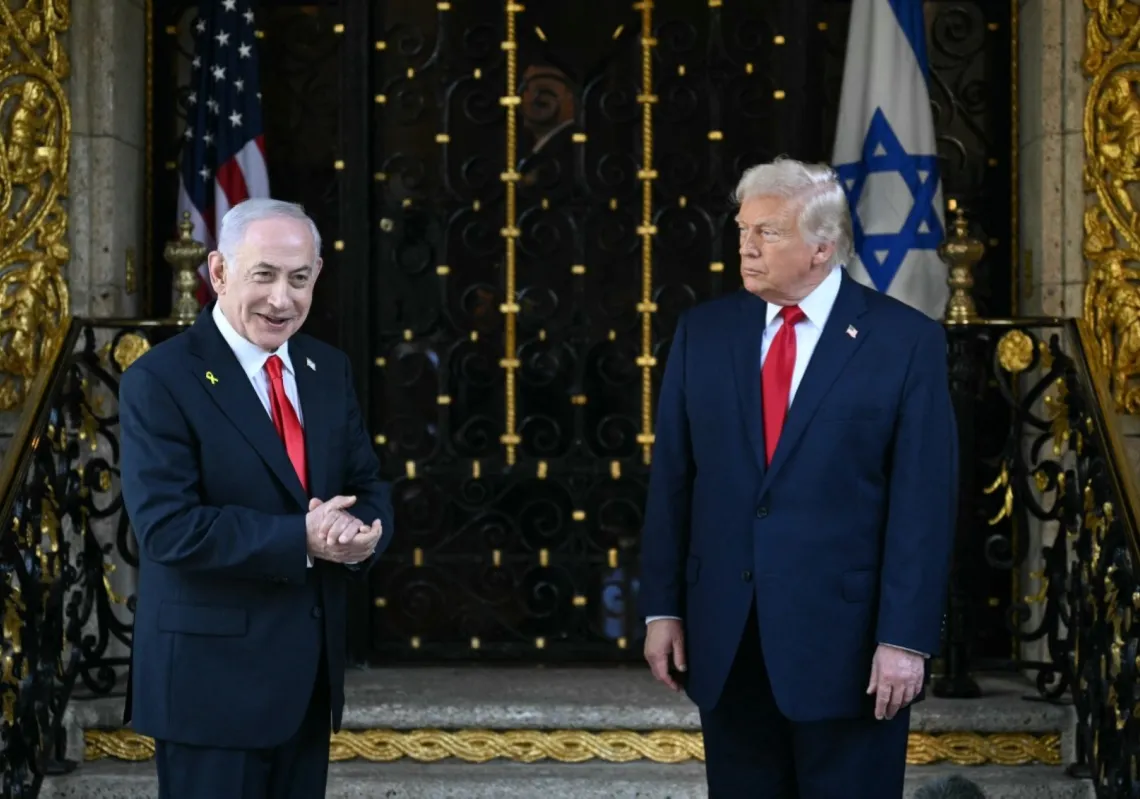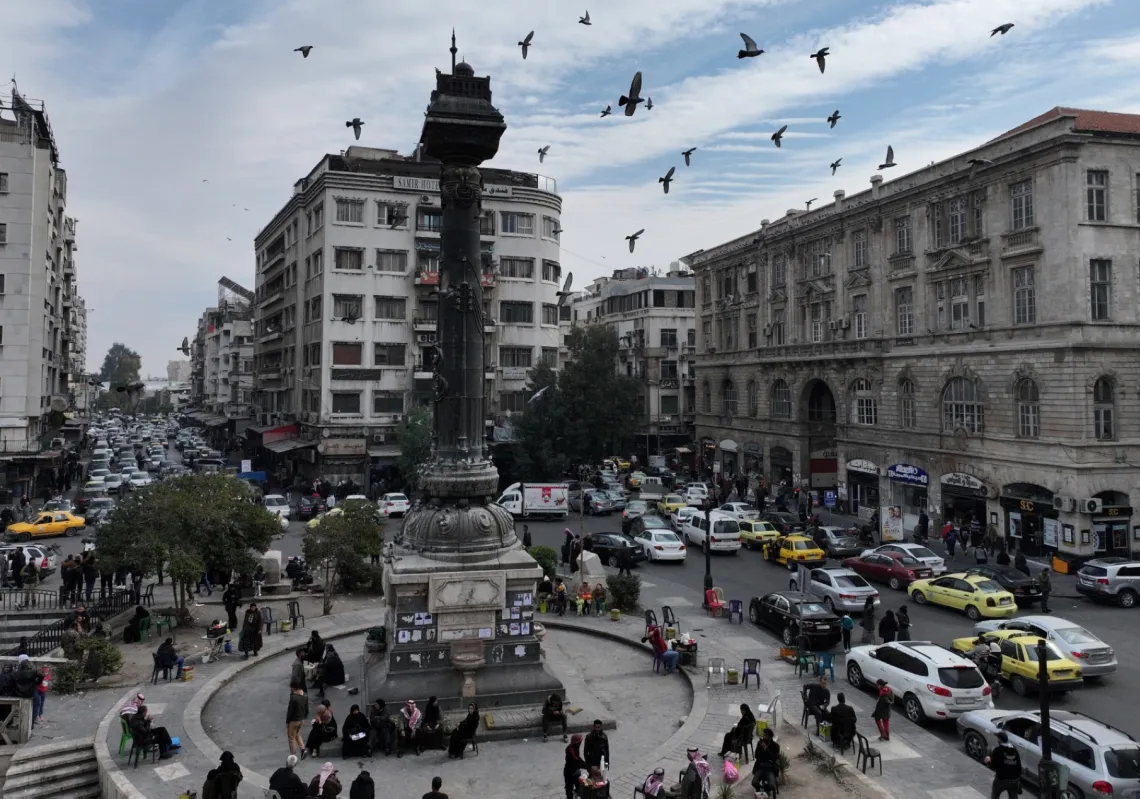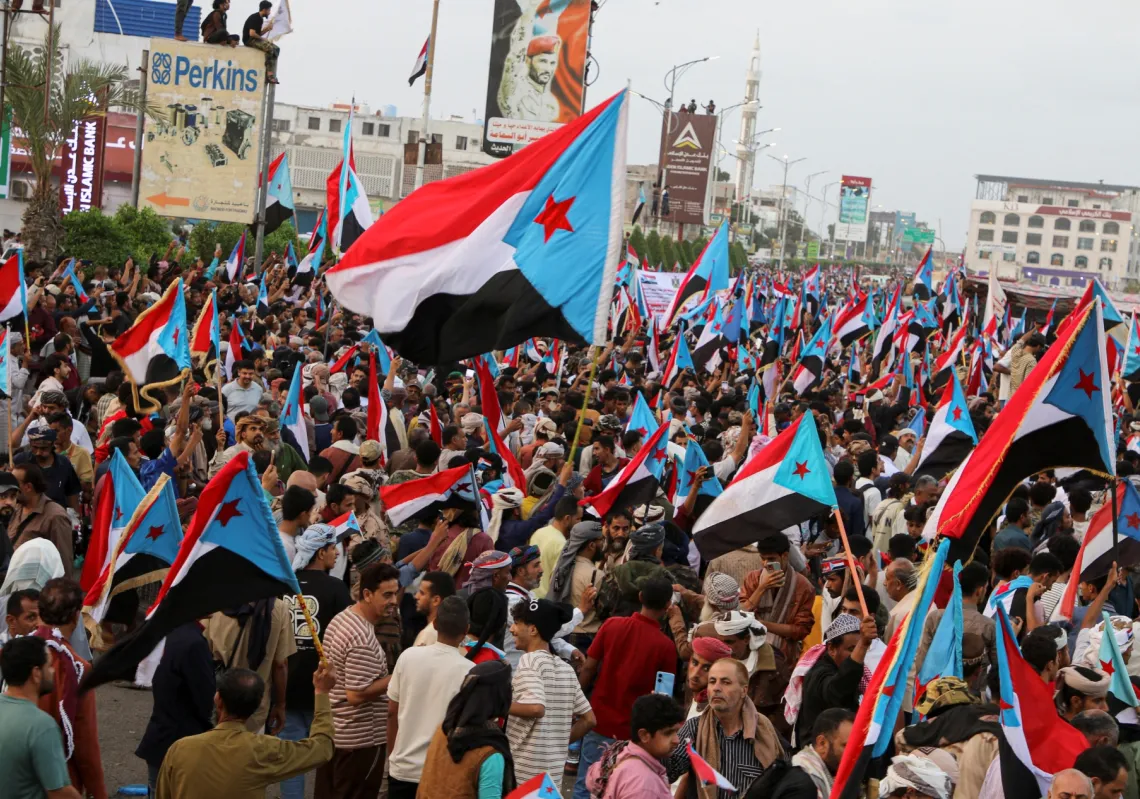The Lebanese parliamentary elections ended more than a month ago, and today the Lebanese people are going through another tough experience while trying to form the government in the wake of these elections.
It is true that the "March 14" Alliance achieved victory, but the "March 8" Alliance, led by Hezbollah, still has the ability to exert power, an ability which was not granted by the constitution nor the law, but one that the party has seized through the power of its weapons in the past four years. They were the same weapons which the Lebanese people tested in May 7, 2008.
Hezbollah's weapons created an overt motive for the majority of the Lebanese to vote on June 7 against the party. Everyone in Lebanon knows that the ballot was primarily against the use of violence.
However, this does not indicate that voters were misled to believe that voting against the March 8 Alliance would ensure a true victory over it. Instead, they considered it a symbolic victory over the party due to their inability to achieve their goal of disarming it.
This seems obvious today, and it stands behind a number of incidents that may not be clear to an outside observer. Following the "March 14" election victory for example, Nabih Berri, was re-elected as head of parliament.
Berri is one of the figures of the "March 8" coalition which lost the electoral battle. Berri is also the head of the "Amal Movement", the field arm of Hezbollah in the streets of Beirut.
He has left his special marks on Lebanon during the chaos that has erupted in the country during the previous years. For one, he has blocked the parliament, thus preventing the parliamentary majority from playing their role.
Despite this fact he was re-elected, only thanks to the votes of Walid Jumblat and Saad Hariri. Let us ponder for a while on the reasons which made Jumblatt and Hariri choose him as head of parliament.
Hezbollah's weapons had not been isolated from the decision to grant Berri votes to elect him Speaker of the Parliament, though no one had used those weapons directly as leverage.
The use of violence by Hezbollah and the plight of Lebanon under this violence had been present in the minds of Hariri and Jumblatt when they came to their decision.
Voting for Berri was one of the settlements the Lebanese people were driven to make amidst their inability to confront those weapons. Hezbollah's weapons are the actual substance for policies in Lebanon, and everything else is no more than a game of masks.
The endeavours to form the government today do not lack incidents related to the problem of weapons. The ministerial statement of the formidable government (if formed) will reproduce previous government statements to give legitimacy to the use of violence. But does this represent a real desire on the part of the parliamentary blocs to allow the party to retain its weapons?
The answer would be a big "no", and Hezbollah is aware of this answer which it tested in the last elections.
It does not seem that Hezbollah wants the Lebanese people to feel that its weapons are outside the domestic equation, despite statements made by its officials who assert that the arms have the specific task of confronting the Israeli dangers.
For example, let us scrutinize the effort made by the party to alleviate the suspicion of a domestic task for those weapons. Then we will find that the party had not exerted a minimal effort in this regard.
The events of the past few weeks confirm these suspicions. The weapons, still in the hands of its allies in "Amal Movement", led to the death of a woman in the capital. The Lebanese people link the same weapons to the "original weapons" which cover them. Despite that, the party did not take the initiative to dispel this suspicion.
In the southern suburb which the party's security and military controls, dozens of armed youth broke into a garage of the internal security forces and tied up guard members and took some impounded cars.
The incident was announced by the minister of the interior, and the party did not move a muscle and did not denounce this behaviour. Several dozen daily events in Beirut and its suburbs confirm this assumption.
Hezbollah does not wish that anyone feels that its weapons are outside the domestic equation. They are its only element of supremacy, especially after losing the parliamentary elections.
Neutralizing the party's weapons will be the most distinguished mark of the internal life in Lebanon in the next stage.
The party's weapons today are "beyond debate," as asserted by officials in the "March 8" and "March 14" movements.
These weapons have become an implied value to amend the losses, and became part of the Lebanese awareness of their crisis, and their attempts to circumvent this impasse.
The weapons are actually employed domestically, and Hezbollah does not want us to believe otherwise.
Hazem Ameen – Author and Investigative Journalist based in Beirut








